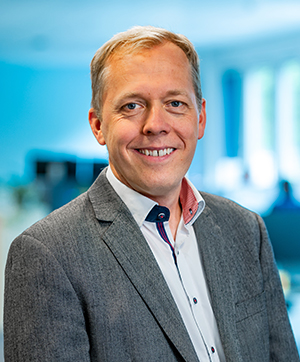"We are very grateful to the HÜBNER Group for their backing of the Museum for Sepulchral Culture's new concept, scheduled to get started in 2023, which they will be sponsoring with an annual donation through the year 2024," says Dr. Dirk Pörschmann, Managing Director of the Study Group Cemetery and Monument (Arbeitsgemeinschaft Friedhof und Denkmal e.V.) and Director of the Museum for Sepulchral Culture. "Culture is an important foundation and a formative manifestation of our life in society. Promoting cultural activities is thus an important concern for us. And this is especially the case when it concerns an institution as unique in Germany as the Museum for Sepulchral Culture," says Gerald Steinhoff, Chief Financial Officer for the HÜBNER Group. For years, the company has provided support for selected projects in Germany and around the world in the fields of education, social welfare and culture.
Fifty percent (€7 million) of the funding required for the museum’s planned modifications will be provided by the German federal government. In addition to this, the city of Kassel has pledged budget resources for the project, and the state of Hesse also intends to contribute to the costs. That leaves more than €200,000 that needs to be financed through sponsoring and donations. The Museum for Sepulchral Culture will be relying on the support of private donations and corporate sponsoring to raise this amount. "The museum needs to be updated architecturally and in its content so that it can reflect the current scholarly and societal status quo and so that the museum's various departments can be made fit for the future. With the promised donation, HÜBNER is helping to make a great start here," says Pörschmann as he explains the museum's new plans. "We are very pleased to be supporting this important cultural project and to be accompanying the museum on its journey towards a new, forward-looking concept," adds Steinhoff.
The renovation is scheduled to begin as soon as funding is fully secured. During the modernization and renovation phase in 2024 and 2025, the museum is expected to be closed, with a view to celebrating its reopening in 2026. It will then continue with its mission of educating the public about the social consensus on how dying, death and mourning can be handled, as well as about legitimate conflicts that exist regarding these matters. Now, however, after three decades of operation, the time has come to rework and update the museum’s permanent exhibition. Finally, this should reflect the current status of the social discourse on these themes and share the latest scholarly research.
To do this it will be necessary to present the cultural and historical background of the museum's topics as well as changes taking place in the context of societal evolution resulting from demographic and migration-related developments. These matters will be considered in terms of ethical, sociological, medical, sociopsychological, theological and scientific developments in dealing with dying and death. Important for these efforts is the museum's cooperation with educational institutions, associations, societies, religious communities, foundations and social initiatives. "Together we can strengthen the museum as a platform for all social groups for whom a comprehensive examination of the topics of dying, death, burial, mourning and commemoration has a shared central significance," says Pörschmann.


